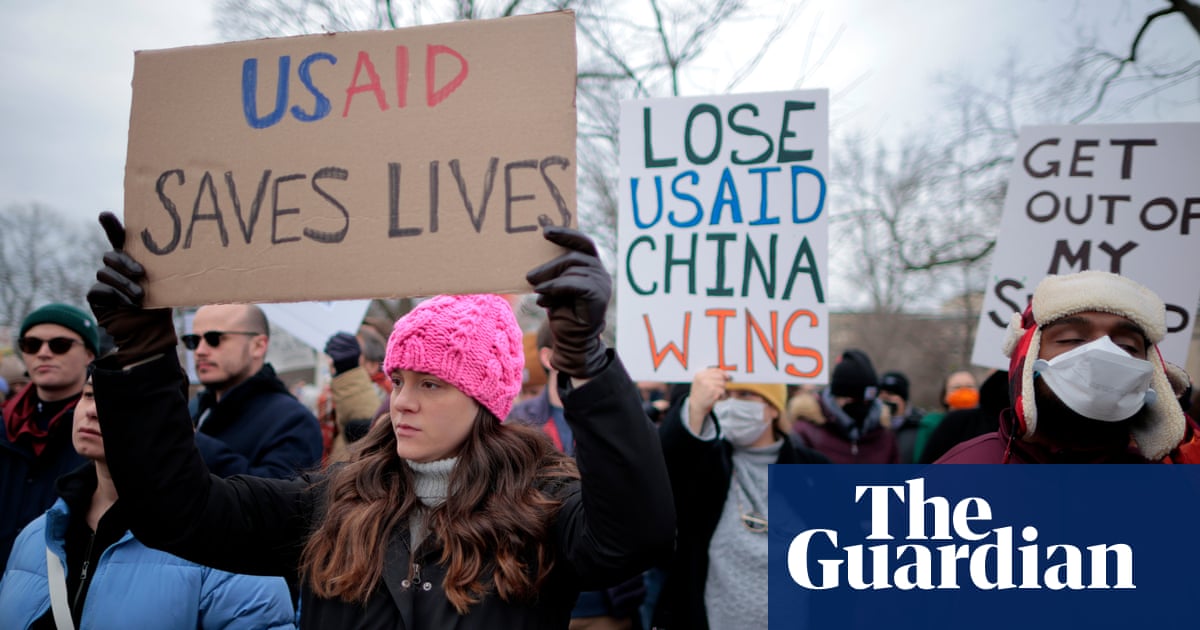The parents of four British teenagers have sued TikTok over the deaths of their children, which they claim were the result of the viral “blackout challenge”.
The lawsuit claims Isaac Kenevan, 13, Archie Battersbee, 12, Julian “Jools” Sweeney, 14, and Maia Walsh, 13, died in 2022 while attempting the “blackout challenge”, which became popular on social media in 2021.
The US-based Social Media Victims Law Center filed the wrongful death lawsuit against the social media platform TikTok and its parent company, ByteDance, on behalf of the children’s parents on Thursday.
Matthew Bergman, the founding attorney of the Social Media Victims Law Center, said: “It’s no coincidence that three of the four children who died from self-suffocation after being exposed to the dangerous and deadly TikTok blackout challenge lived in the same city and that they all fit a similar demographic.
“TikTok’s algorithm purposely targeted these children with dangerous content to increase their engagement time on the platform and drive revenue. It was a clear and deliberate business decision by TikTok that cost these four children their lives.”
According to TikTok, searches for videos or hashtags related to the challenge have been blocked since 2020. The platform says it prohibits dangerous content or challenges, and aims to remove these before they are reported, as well as directing those who search for hashtags or videos to its safety centre.
The complaint was filed in the superior court of the state of Delaware on behalf of Archie’s mother, Hollie Dance, Isaac’s mother, Lisa Kenevan, Jools’s mother, Ellen Roome, and Maia’s father, Liam Walsh.
The lawsuit accuses TikTok of being “a dangerous and addictive product that markets itself as fun and safe for children, while lulling parents into a false sense of security”. It says TikTok “pushes dangerous prank and challenge videos to children based on their age and location in order to increase engagement time on the platform to generate higher revenues”.
The lawsuit further claims that TikTok has told lawmakers around the world that the blackout challenge had never been on its platform and “works to discount credible reports of children being exposed to and dying because of blackout and similar challenge videos on the platform”. It notes that other dangerous challenges that have been found on TikTok include those involving medications, hot water and fire.
The firm states that the parents believed TikTok was a “fun, silly and safe platform designed for kids and young people”, and claims that the children involved were “confident” and “well-behaved”, and did not have prior mental health problems.
The Social Media Victims Law Center represents families who believe their children have been harmed by social media, and has filed several other lawsuits against TikTok over the deaths of children and young adults, including for promoting videos showing suicide, self-harm and eating disorder content.
The law firm helped Tawainna Anderson sue the platform in 2022 after her 10-year-old daughter, Nylah, died after allegedly taking part in the blackout challenge. A US appeals court overturned a lower court’s dismissal of her case in August 2024.
In February last year, a coroner ruled that Archie had “died as a result of a prank or experiment gone wrong” at his home in Southend-on-Sea. He said he could not rule out the blackout challenge but noted that there were “hundreds of other possibilities”.
Jools’s mother has campaigned for parents to be given the legal right to access their children’s social media accounts to help understand why they died, after she was left with no clues as to her son’s death in 2022.
Changes to the Online Safety Act, which come into force in the UK this year, explicitly require social media companies to protect children from encountering dangerous stunts and challenges on their platforms, as well as to proactively prevent children from seeing the highest-risk forms of content.
Article by:Source: Rachel Hall















